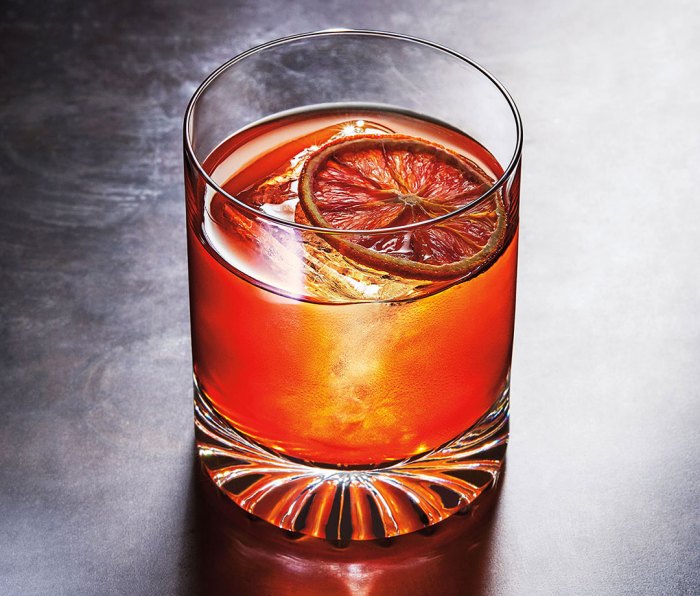Most likely you drank BC (before the coronavirus) with a nice dinner with friends most of the time. You may have overdone it on game day, but taking a few days off to reset afterwards wasn't a problem. AC, we all had more time. We long for routine and abhor boredom. That is why we book the working day at home with a special cocktail or craft beer - a reminder of what joy tastes like. But eight months into our new normal, it's time to ask the tough question: do you really want to drink tonight?
What is healthy drinking?
Society has long viewed alcohol consumption in black and white, says psychologist Kevin Gilliland, an expert on addiction. By the turn of the 20th century, drinking was largely acceptable; then it was blamed for all of America's problems and banned in the 1920s. In the 50s and 60s, men were expected to drink Mad Men-esque, and those who struggled often dealt with shame - there's a reason it was called "Anonymous" for alcoholics. Even today we feel the need to go dry for a whole month in order to bring the scales into a "healthy" area.
While AA has been shown to be effective for many people who choose to abstain, it does not provide tools for moderation. In the meantime, researchers continue to discuss the potential health benefits of moderate drinking - three drinks a night is almost certainly too much, but a drink or two could help us live longer. In either case, it is intuitive that alcohol is like junk food: you know it's not explicitly good, but drinking offers mental relief and a hint of pleasure. If we start asking alcohol to relieve stress, reduce anxiety, or numb the mayhem, our relationship needs to be reevaluated, says Gilliland. A healthy relationship with alcohol brings positive feelings and you can respect the boundaries you set. If this triggers an alarm, you should pump in the breaks.
The top of the reduction
A nightcap will help you fall asleep faster but keep you from sleeping deeply, explains Abe Malkin, M.D., co-founder of Monument teletherapy platform. And while alcohol helps you feel calmer in the moment, once you're sober, your neurochemicals swing back the other way - so drinking actually leads to a greater surge in anxiety, Malkin adds. Alcohol dehydrates and confuses your bowels. Without it, you will have more stamina and energy to exercise and your body will absorb nutrients better.
Rasāsvāda La Vie En Rose Courtesy Image
Baby steps to cut back
"People don't have to hit rock bottom to make healthier life choices," Malkin says. Here's how to get started.
- Set intentions. Limit the number of drinks per night (max 3) or the number of nights you drink to 1 or 2. Consider using soft drinks like Athletic Brewing Run Wild IPA or Lagunitas Hoppy Refresher.
- Change your landscape. Drinking a couple of beers while drinking the sopranos every night triggers a Pavlovian reaction. To disconnect, have a beer on the porch, then watch TV in bed. This will make your consumption more thoughtful, says Gilliland.
- Optimize your hobbies. You have perfected your bartending skills. Conquer mocktails now. Zero-safe spirits like Rasāsvāda mimic the botanical quality of alcohol and in some cases can even bring health benefits.
- Move more. Book your usual drinking lesson with an activity that releases endorphins, such as drinking. B. Movement. Discuss with your partner on a stroll instead of over wine, and swap Zoom Happy Hour for peloton group rides.
Subscribe to YouTube for access to exclusive gear videos, celebrity interviews, and more!

